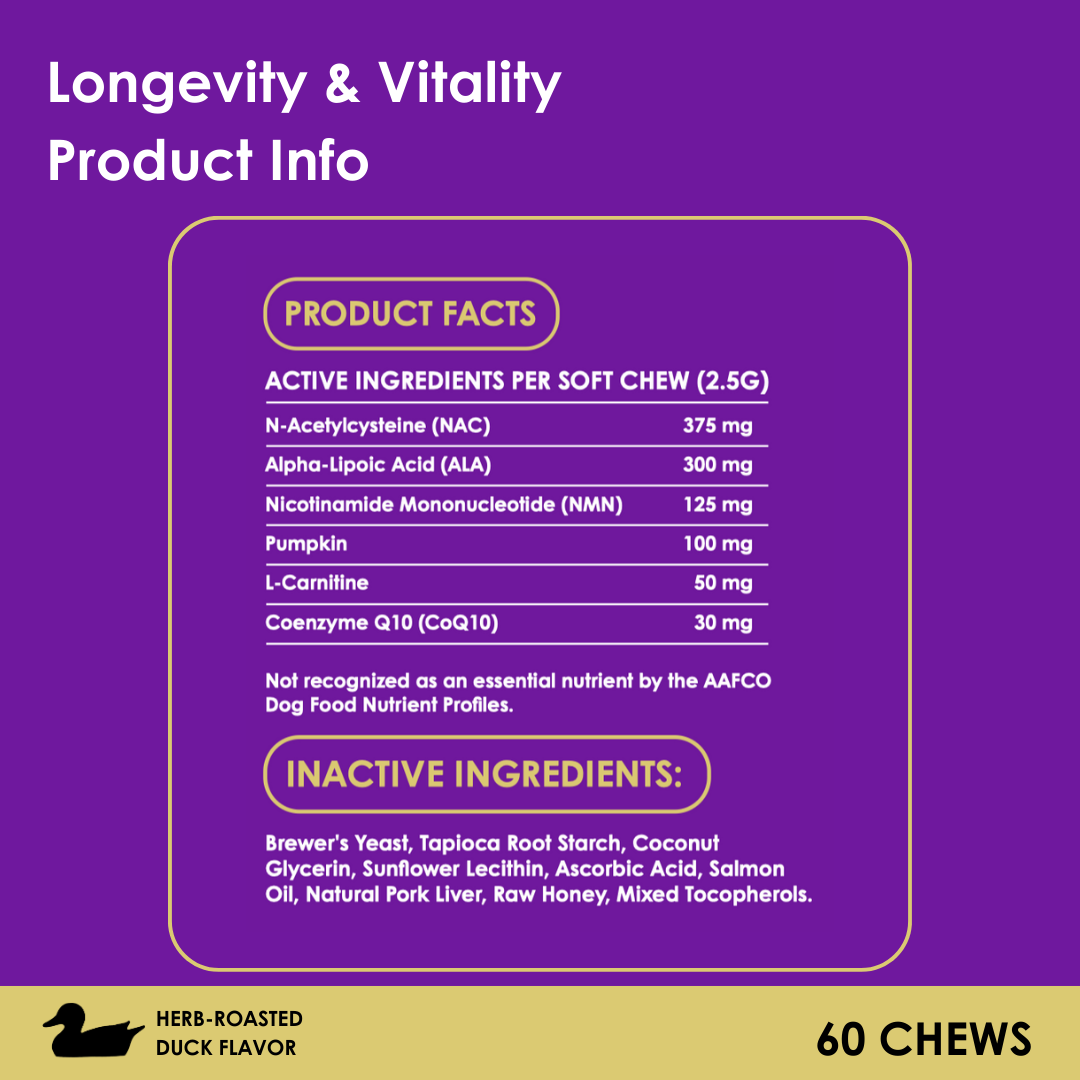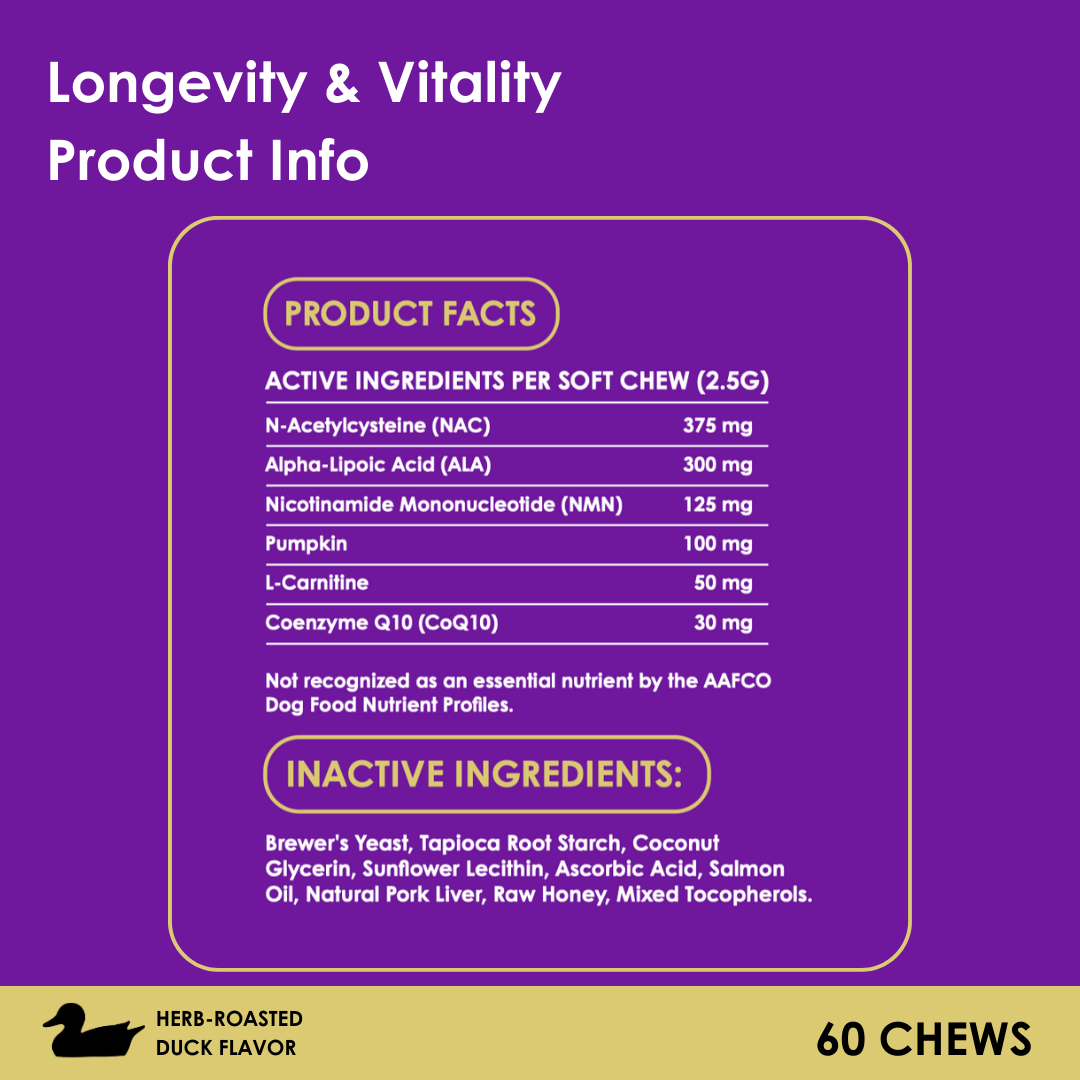Top 5 Most Preventable Diseases
When it comes to our dogs, prevention is key to ensuring their health and longevity. While certain diseases are inevitable, there are several common canine health issues that are highly preventable with the right care. By understanding what these diseases are and how to prevent them, you can help your dog live a long, healthy, and happy life.
Let'l cover the top five most preventable diseases in dogs and provide actionable tips on how to keep your dog safe from them:
1. Dental Disease
Overview:
Dental disease, including gum disease (periodontal disease), is one of the most common health issues in dogs. It can lead to severe infections, tooth loss, and even systemic diseases that affect the heart, kidneys, and liver if left untreated.
Prevention:
- Regular Brushing: Brush your dog’s teeth several times a week using dog-safe toothpaste to prevent plaque buildup.
- Routine Dental Checkups: Schedule regular dental cleanings and checkups with your veterinarian.
- Chew Toys and Dental Treats: Provide dental chews and toys designed to reduce plaque and tartar, which helps maintain oral hygiene.
Longevity Impact:
Good dental health supports a longer life by preventing oral infections that can spread to vital organs, reducing the risk of heart, kidney, and liver diseases.
2. Obesity
Overview:
Obesity is a serious health problem in dogs, leading to numerous issues such as diabetes, heart disease, joint problems, and a decreased lifespan. It is one of the most preventable conditions with proper diet and exercise.
Prevention:
- Balanced Diet: Feed your dog a well-balanced diet that is appropriate for their age, breed, and activity level.
- Portion Control: Follow the recommended feeding guidelines and avoid overfeeding or giving too many treats.
- Regular Exercise: Ensure your dog gets plenty of physical activity each day, such as walks, playtime, or swimming.
Longevity Impact:
Maintaining a healthy weight helps prevent a range of chronic diseases, allowing your dog to live a healthier and more active life for longer.
3. Parasitic Infections (Fleas, Ticks, Heartworms)
Overview:
Parasitic infections, such as fleas, ticks, and heartworms, can cause severe discomfort and lead to more serious health issues like Lyme disease, anemia, or heartworm disease. These infections are often preventable with routine care.
Prevention:
- Monthly Preventatives: Use flea, tick, and heartworm preventatives regularly as prescribed by your vet.
- Regular Grooming: Check your dog for fleas and ticks after outdoor activities and maintain a regular grooming routine.
- Clean Environment: Keep your dog’s living area clean and free of pests, and avoid areas with high flea and tick populations.
Longevity Impact:
By preventing parasitic infections, you reduce your dog’s risk of contracting serious illnesses that can compromise their immune system and shorten their lifespan.
4. Infectious Diseases (Parvovirus, Distemper, Kennel Cough)
Overview:
Infectious diseases such as parvovirus, distemper, and kennel cough can be life-threatening, particularly in puppies or unvaccinated dogs. Vaccination and responsible pet care can prevent these deadly diseases.
Prevention:
- Vaccination: Ensure your dog is up-to-date on all core vaccines, including parvovirus, distemper, rabies, and kennel cough (Bordetella).
- Avoid High-Risk Areas: Keep your unvaccinated dog away from dog parks, boarding facilities, and other high-traffic areas where infectious diseases can spread.
- Proper Hygiene: Maintain a clean living environment and avoid contact with sick animals.
Longevity Impact:
By keeping your dog vaccinated and protected against infectious diseases, you can help them avoid life-threatening illnesses and maintain a strong immune system throughout their life.
5. Arthritis and Joint Diseases
Overview:
Joint diseases, including arthritis, are common in older dogs and certain breeds. These conditions can cause chronic pain, reduce mobility, and significantly affect a dog’s quality of life. While arthritis cannot be completely prevented, there are steps you can take to delay its onset and reduce its severity.
Prevention:
- Maintain a Healthy Weight: Keeping your dog at an ideal weight reduces the strain on their joints and helps prevent arthritis.
- Regular Exercise: Provide moderate, low-impact exercise, such as walking or swimming, to keep joints flexible without overloading them.
- Joint Supplements: Consult your vet about adding joint supplements like glucosamine and chondroitin to support cartilage health and reduce inflammation.
- Comfortable Sleeping Arrangements: Provide a comfortable, supportive bed for your dog to sleep in, especially if they are predisposed to joint issues.
Longevity Impact:
Preventing or managing joint diseases can help maintain your dog’s mobility, allowing them to stay active and engaged in life, which is crucial for their overall health and longevity.
Conclusion
Preventing diseases is a key component of ensuring your dog’s long-term health and longevity. By focusing on proactive care—such as dental hygiene, proper nutrition, regular vaccinations, and parasite control—you can significantly reduce your dog’s risk of developing serious health conditions. Not only will these preventive measures help your dog live longer, but they will also improve their quality of life, keeping them active, happy, and healthy for years to come.
























